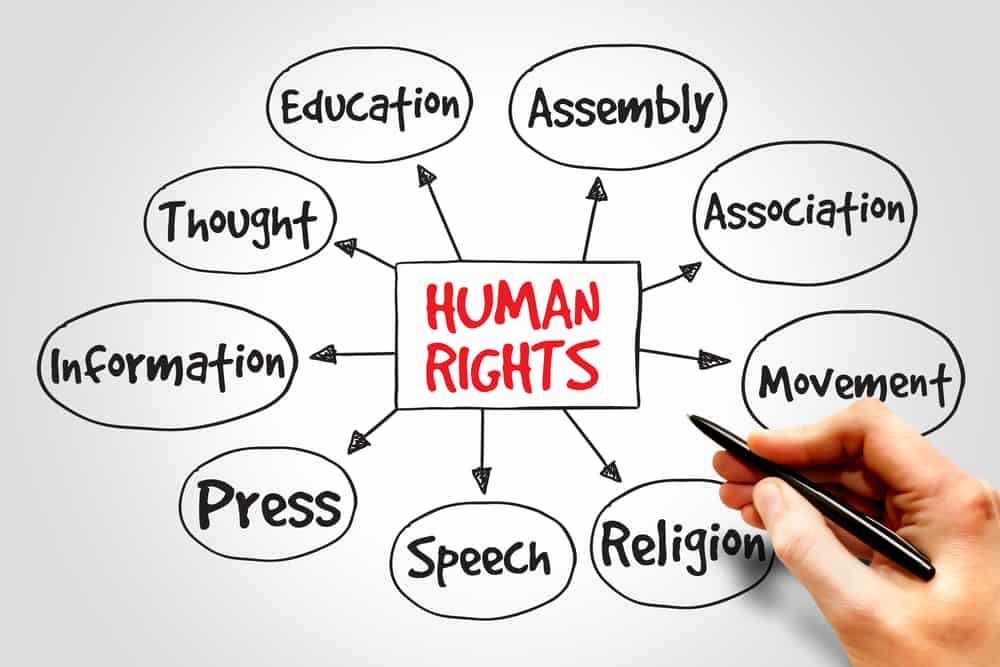Every now and again, misunderstandings arise between employers and employees concerning their rights and obligations in the workplace.
Though every employed person working in Australia should know such things, the brunt of responsibility falls on the employer to be aware of such things. After all, there are more lawsuits brought against employers by employees than vice-versa.
This fact means employers are always vulnerable to liability under the law if they break but the smallest infraction or unknowingly violated an employees rights.
This article is intended to make the reader aware of five employment laws commonly overlooked by employers and what the possible consequences could be for breaking them.
Not Paying Employees for Training and Other Activities Outside Normal Hours
According to the Fair Work Ombudsman, failing to pay employees for work occurs in a few different ways in the workforce.
An employer is liable for paying employees to do activities that include things such as internships, unpaid job placements, vocational placements, on-site experience, trials, among others.
Legal cases have been brought against employers for neglecting to compensate employees for the following reasons:
- Employers claimed that the work was for a job or industry-related experience.
- Claimed that the work was a part of their training process, to gain specific skills or work experience as a way to assist them in obtaining employment.
- Claimed that the work was a test of the individual’s skills.
- Claimed that the work was volunteer time for a not-for-profit organization.
If the person is only a job seeker and not an employee, a few of these arrangements can be lawful.
Examples include well-defined vocational placement, or they’re receiving benefits from the Australian government as part of a Commonwealth job placement program and are getting on-the-job training.
In any other case where the individual is an employee, whether full-time, part-time or otherwise, they are entitled under the Fair Work Act to pay and other required benefits.
Asking Interviewees Inappropriate or Unlawful Questions During an Interview
One out of five employers asks job seekers illegal or inappropriate questions during job interviews. One out of three of those potential employers is uncertain whether or not certain questions are illegal.
However, most employers expect honest answers to all of their questions, even if they’re technically illegal.
On both the State and Federal levels, anti-discrimination laws in Australia prohibit potential employers from asking for detailed information about a job seeker’s personal life.
According to Labour and Employment lawyer Lori Adelson, if a potential employer asks someone non-job-related questions, they have violated anti-discrimination laws. On the other hand, questions directly related to particular qualifications, chances are they’re within the law.
In addition to that, Section 107 of the Equal Opportunity Act 2010 states:
- “A person must not request or require another person to supply information that could be used by the first person to form the basis of discrimination against the other person.”
- For the purpose of subsection (1), it is irrelevant whether the request or requirement is made orally, in writing, in an application form or otherwise.
Topic questions that violate Australian discrimination laws include the following:
- Questions regarding a potential employee’s age.
- Questions about ethnicity, nationality, or religion.
- Questions about someone’s family background or marital status.
Failing to Prevent Workplace Bullying or Discrimination From Other Employees
Under Australia’s anti-discrimination laws, every employee has the right to work in an environment free from harassment and discrimination. Employers are liable under law to ensure that management and other employees respect and honour these rights.
The responsibilities of employers in this regard are set out by state, territory, and federal mandates created to help protect all Australian citizens from negative behaviour such as bullying.
It’s crucial that every employer study what is or isn’t workplace bullying. Other than blatant discrimination and conventional bullying, other negative behaviours that could be considered harassment or bullying include:
- Undervaluing employees’ efforts at work.
- Changing or setting unrealistic work targets on a constant basis.
- Publicly insulting employees.
- Unfair and excessive criticism.
The only way to address such behaviors in the workplace is by establishing a zero-tolerance policy. When it’s all said and done, employees who are engaging in discrimination or bullying won’t be the only one liable before the law – the business, too, is at risk if such behaviour is allowed by management.



